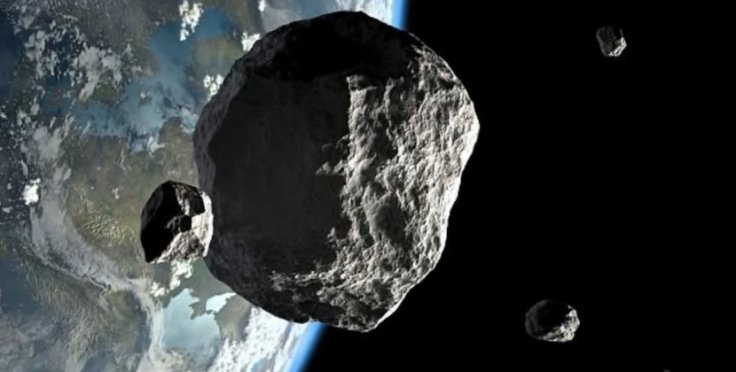
An astronomer revealed through a new study that the asteroids hiding near Jupiter could dangerously approach Earth or even hit the planet. According to the astronomer, if the orbital paths of these asteroids slightly change, they could end up on a collision course with Earth.
Astronomer Kenta Oshima from the Astronomical University of Japan warned that due to Jupiter's massive size, the planet's shadow could be hiding an unknown number of asteroids that could threaten Earth.
The astronomer explained that many of these asteroids orbit around Jupiter while some of them follow the planet as it completes its cycle around the Sun. As the planet travels around the giant star, it occasionally passes near other massive objects in the Solar System such as Mars.
According to Oshima, the gravitational interaction between Jupiter and the other cosmic objects could affect the trajectory of the asteroids near the planet. The gravitational forces could then nudge the asteroids into a different orbital path. Once this happens, some of these asteroids could end up flying towards Earth.
"We point out that populations of undetected potentially hazardous asteroids of high eccentricity and inclination may reside in Jupiter's vertically unstable quasi-satellite orbits, which can intersect the orbits of the terrestrial planets, including Earth by reducing their inclinations down to near zero via vertical instability," Oshima wrote in the study, which was published in the online journal Monthly Notices of the Royal Astronomical Society.
According to the astronomer, one particular asteroid that could take on a new orbit is 2004 AE9. Oshima noted that this asteroid currently orbits along Jupiter's path from a distance of 1.5 astronomical units or about 224 million kilometers.
Given its distance from Jupiter, the asteroid occasionally zips past Mars during its orbital cycle. Mars' gravitational pull could slightly attract 2004 AE9, causing its path to drastically change.
Carlos de la Fuente Marcos of the Compultense University of Madrid, who was not part of Oshima's study, told Space.com that if 2004 AE9's orbit changes, it might end up on a path that intersects with the trajectory of a planet such as Earth.
"If [asteroids] become unstable and inclination is traded for eccentricity, the path may become planet-crossing with a low inclination, which translates into a higher probability of impact," he said.








